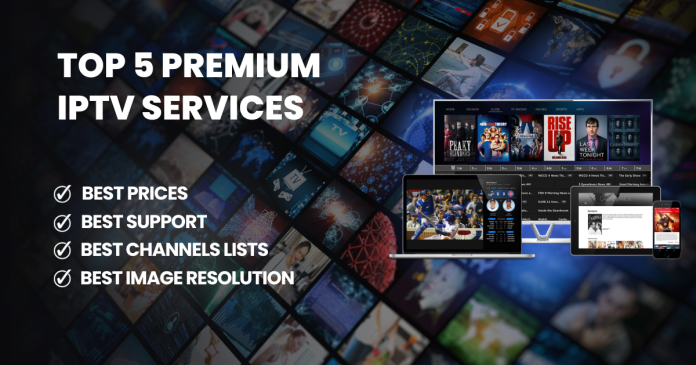IPTV, or Internet Protocol Television, is a technology that delivers television content over the internet instead of traditional satellite or cable methods. It has been gaining popularity in recent years due to its convenience, affordability, and flexibility. In this article, we will explore the basics of IPTV, how it works, its benefits, and its impact on the future of television.
What is IPTV?
IPTV refers to the delivery of television content over internet protocol (IP) networks. This allows viewers to stream live TV channels, on-demand videos, and other multimedia content over the internet. Unlike traditional television services, which require a set-top box or satellite dish, IPTV relies on an internet connection to deliver content to viewers’ devices, such as smart TVs, computers, smartphones, and tablets.
How Does IPTV Work?
IPTV works by converting television signals into internet protocol packets that can be transmitted over the internet. These packets are then decoded by the viewer’s device and displayed on their screen. IPTV services typically use a dedicated IPTV set-top box or a compatible device with IPTV software installed. Viewers can access IPTV content through a subscription-based service or by using IPTV apps that provide access to live TV channels and on-demand content.
Benefits of IPTV
- Cost-Effective: IPTV services are often more affordable than traditional cable or satellite TV subscriptions, making them an attractive option for budget-conscious viewers.
- Flexibility: IPTV allows viewers to watch their favorite shows and movies on multiple devices, giving them the flexibility to watch TV wherever they are.
- On-Demand Content: IPTV services offer a wide range of on-demand content, allowing viewers to watch their favorite shows and movies at their convenience.
- Interactive Features: IPTV services often include interactive features such as video-on-demand, catch-up TV, and interactive advertising, enhancing the viewing experience for viewers.
The Future of Television
IPTV is poised to revolutionize the way we watch television, offering viewers more choice, flexibility, and control over their viewing experience. As internet connectivity continues to improve and more viewers opt for streaming services, IPTV is likely to become the preferred method of watching TV in the future.
Conclusion
IPTV is a revolutionary technology that is changing the way we watch television. With its cost-effective pricing, flexibility, and wide range of content, IPTV is becoming increasingly popular among viewers. As technology continues to evolve, IPTV is expected to play a significant role in the future of television, offering viewers a more personalized and interactive viewing experience.







